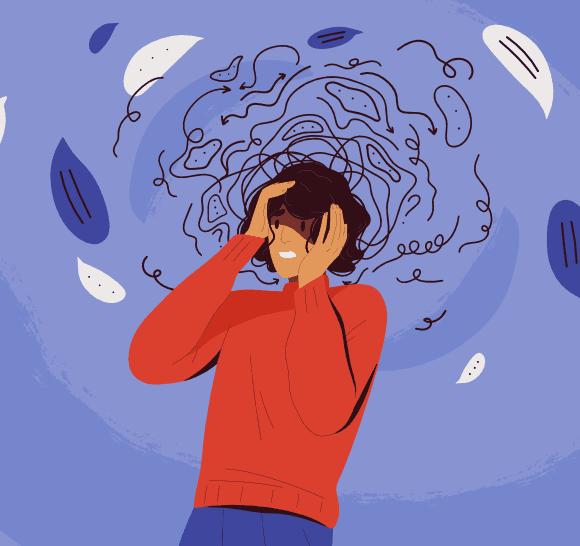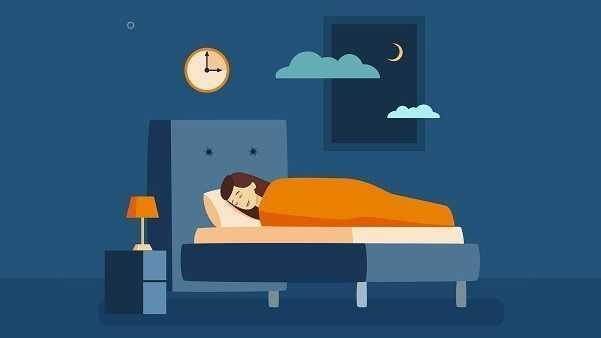Intrusive thoughts
- It seems to come out of nowhere — a strange, disturbing thought or a troubling image that pops into your mind. It might be violent or sexual, or a recurring fear that you’ll do something inappropriate or embarrassing. Whatever the content, it’s often unsettling and may bring on feelings of worry or shame. The more you try to push the thought from your mind, the more it persists.
- Sometimes intrusive thoughts are associated with a mental health disorder. They are also common in post-traumatic stress disorder. But many people who experience these thoughts don’t have a mental health disorder.
- Intrus
ive thoughts are often triggered by stress or anxiety. They may also be a short-term problem brought on by biological factors, such as hormone shifts.
183
3.68K reads
CURATED FROM
IDEAS CURATED BY
How to identify and manage intrusive thoughts.
“
The idea is part of this collection:
Learn more about psychology with this collection
How to overcome unwanted thoughts
How to manage intrusive thoughts
How to change your attitude towards intrusive thoughts
Related collections
Similar ideas to Intrusive thoughts
Health conditions
- You’re more likely to have more vivid dreams if you’ve had some restless nights.
- Being pregnant is also a catalyst for vivid dreaming. Increased hormone production affects the way your brain processes thoughts and emotions.
- Mental health disorders such as depression and anx...
We’re fast thinkers
But that doesn’t mean we should follow through on every single thought that pops into our mind.
Every time you start thinking about future events or start making mental movies, keep count on a post-it note or a small piece of paper. Be aware of your thoughts. But don’t follow through.
A good night's sleep
A good night's sleep is essential for our overall good health. Memories are cemented during sleep, and students are often reminded that they need to have good sleep habits to maximize their learning.
New research shows that sleep is also vital for unlearning things (especi...
Read & Learn
20x Faster
without
deepstash
with
deepstash
with
deepstash
Personalized microlearning
—
100+ Learning Journeys
—
Access to 200,000+ ideas
—
Access to the mobile app
—
Unlimited idea saving
—
—
Unlimited history
—
—
Unlimited listening to ideas
—
—
Downloading & offline access
—
—
Supercharge your mind with one idea per day
Enter your email and spend 1 minute every day to learn something new.
I agree to receive email updates

